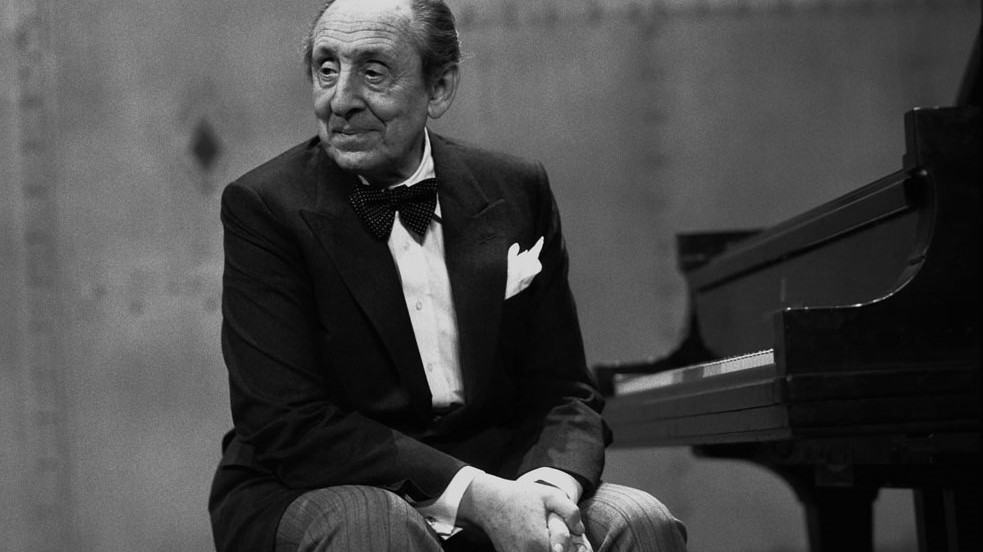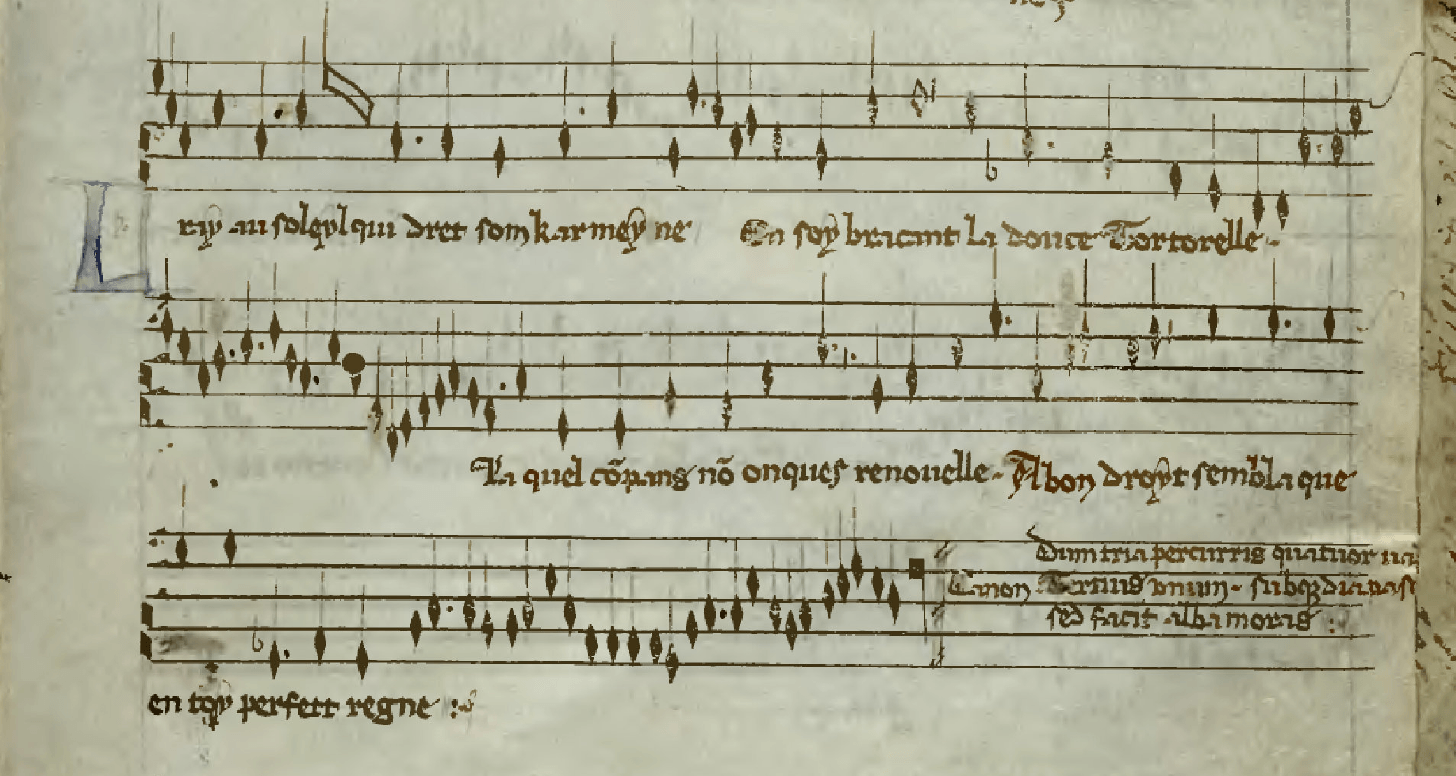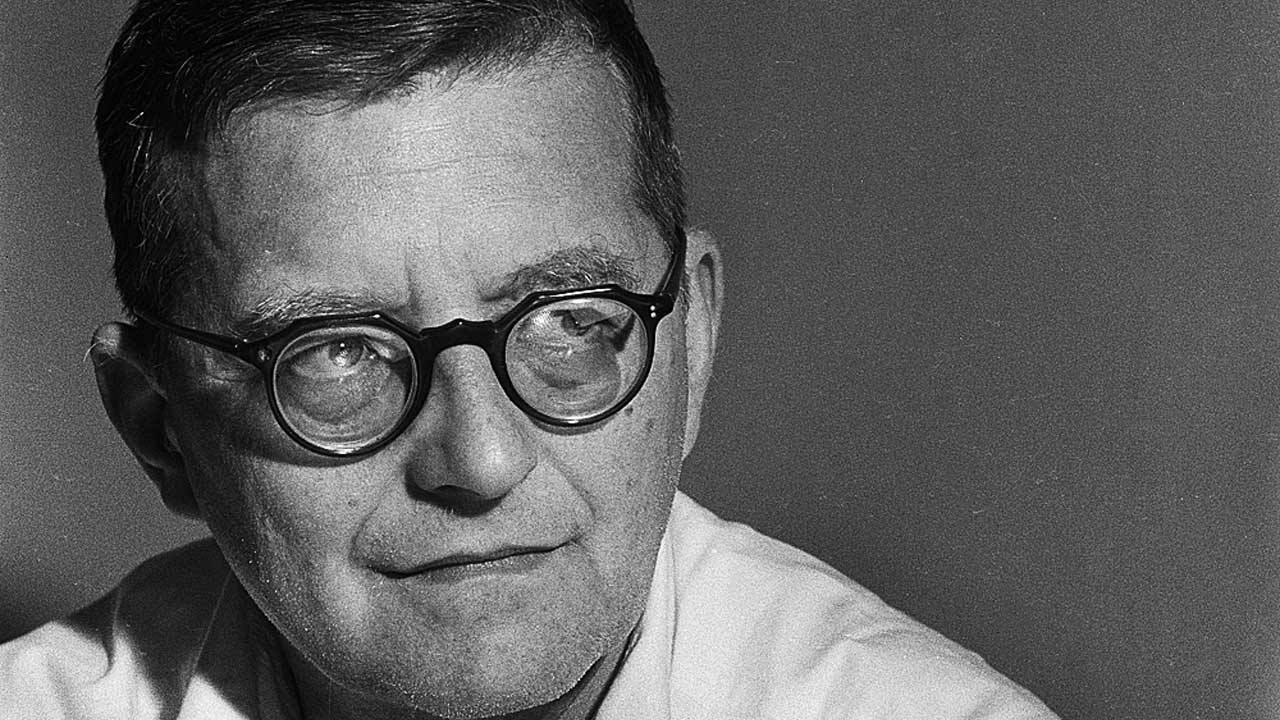Happy Birthday, Vladimir Horowitz
Vladimir Horowitz, one of the twentieth century’s greatest pianists, was born on this date in 1903 in Kiev. Here is Horowitz’ performance of Schubert’s Impromptu for Piano in G-flat Major, D 899 at the Vienna Musikverein in 1987. (The city’s distant church bells can be heard briefly in the background). In contrast to Horowitz’ 1963 studio recording, this performance from the pianist’s final years seems deeply reflective and even lamenting. Schubert’s serenely beautiful melody is filled …







